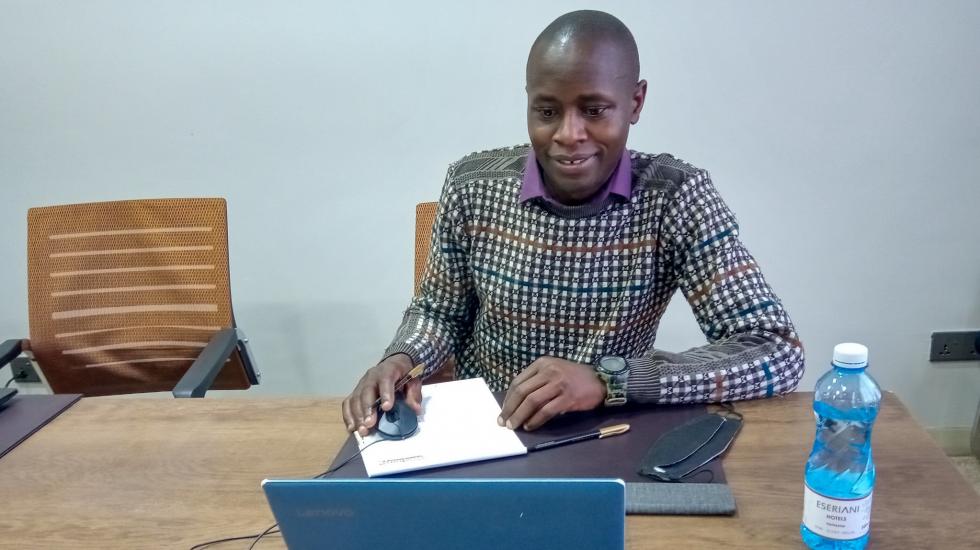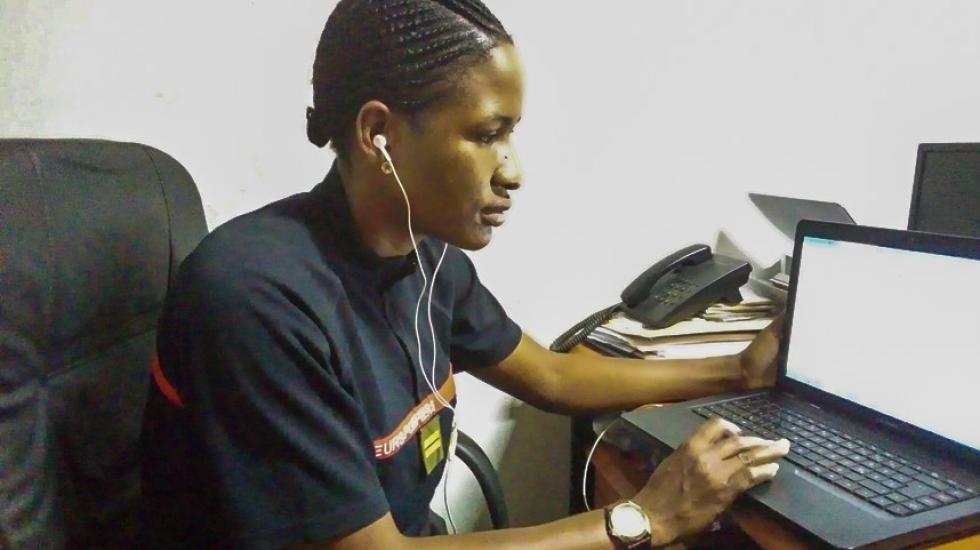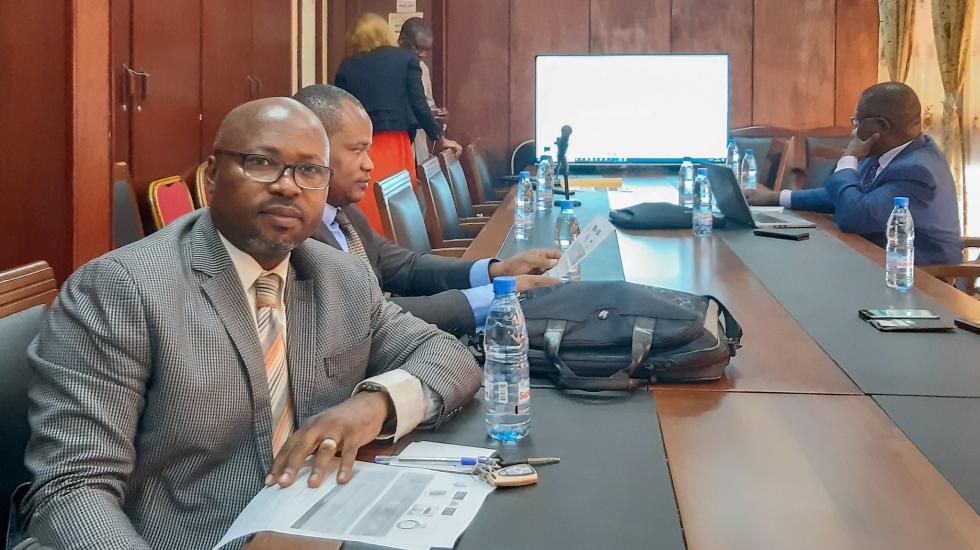
THE HAGUE, Netherlands–24 September 2021–A webinar on Chemical Security on Response Measures and Emergency Response Arrangements for Major Public Events was held from 22 to 23 September 2021. The event was organised by the Organisation for the Prohibition of Chemical Weapons (OPCW) to assist Cameroon in its preparation for the 2022 Africa Cup of Nations. The webinar featured expert speakers from the Population Protection Institute of the Czech Republic, National CBRN Centre in the United Kingdom, the Defense Ministry of Brazil, National Emergency Management Agency of Nigeria, and the National Authority of Cameroon for the CWC.
OPCW’s Special Advisor on Assistance and Protection, Mr Shawn DeCaluwe, remarked “We hope this webinar will permit other African States Parties to benefit from the experiences shared here and the preparations underway in Cameroon”.
The event offered an interactive platform for experts from different regions to share their experiences on major event preparations and provided Cameroon’s planners and response organisations for the Africa Cup of Nations with a thorough understanding of chemical threats, agents, and potential incident scenarios. This approach will also contribute to regional security and more effective inter-agency cooperation.
The webinar was attended by 162 participants from 31 OPCW African Member States: Algeria, Benin, Botswana, Burkina Faso, Burundi, Djibouti, Cameroon, Ghana, Guinea-Bissau, Ethiopia, Nigeria, Ivory Coast, Kenya, Lesotho, Liberia, Madagascar, Malawi, Mauritania, Mauritius, Morocco, Nigeria, Rwanda, Senegal, Seychelles, South Africa, Sudan, Uganda, Togo, Tunis, Zambia, Zimbabwe.



Background
As the implementing body for the Chemical Weapons Convention, the OPCW, with its 193 Member States, oversees the global endeavour to permanently eliminate chemical weapons. Since the Convention’s entry into force in 1997, it has been the most successful disarmament treaty eliminating an entire class of weapon of mass destruction.
Over 98% of all declared chemical weapon stockpiles have been destroyed under OPCW verification. For its extensive efforts in eliminating chemical weapons, the OPCW received the 2013 Nobel Peace Prize.
